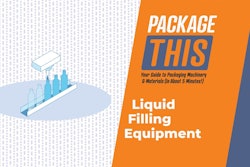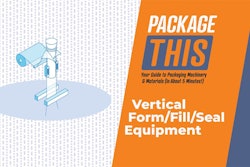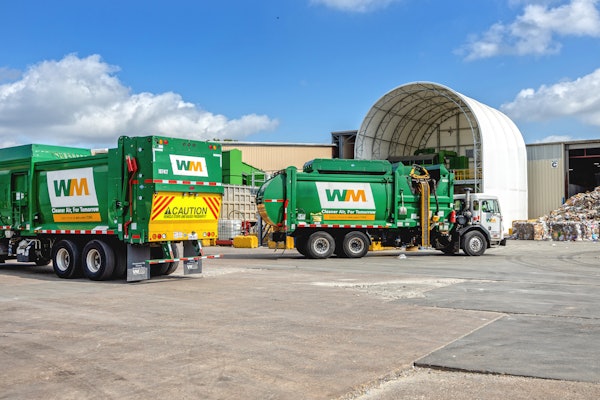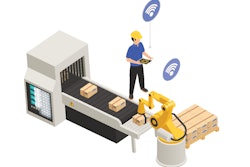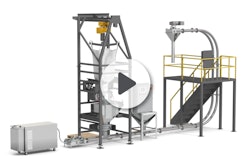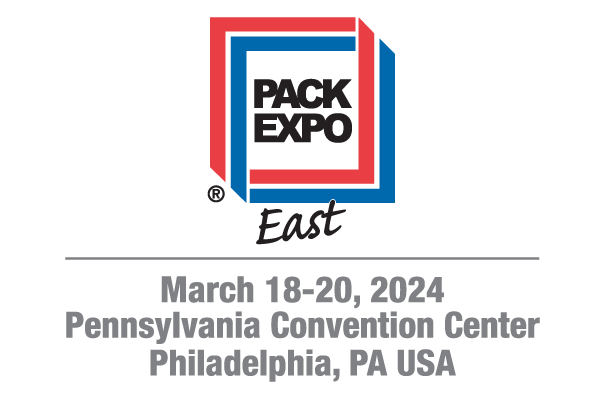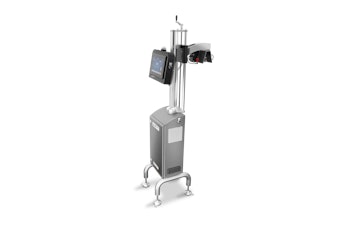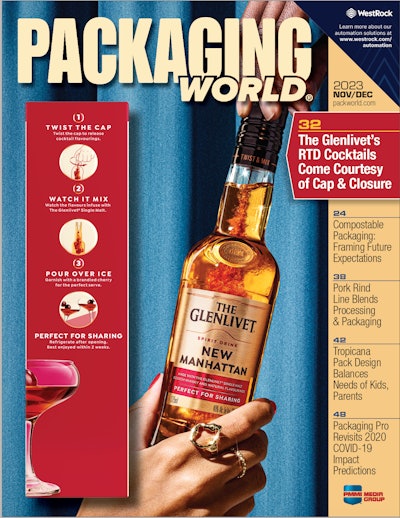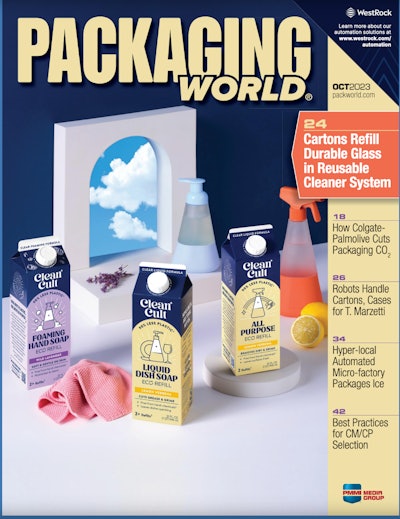Quick hits:
- PepsiCo’s Positive Agriculture plans to spread regenerative practices across 7 million acres.
- While HPP equipment can be expensive to install, technology improvements may speed up the return on investment.
- Proven benefits of HPP include elimination of preservatives and elevated levels of foods safety.
Related to this episode:
- Sabra Names Joey Bergstein as President and CEO
- In-Bulk HPP Juices Up Fresh Quality for French Firm
- PMMI U offers educational employee development resources for members of the entire supply chain. Participate and learn more about its industry trainings, certifications, leadership development, career toolkit, and more.
 | Read the transcript below: |
I'm Joyce Fassl, Editor-in-Chief of ProFood World with your Take Five In The News Update.
Smithfield Foods named Shane Smith as its new president and CEO, succeeding Dennis Organ, who stepped down for personal reasons. Based at the headquarters in Smithfield, Virginia, Smith will be guiding the company across operations in the US, Europe and Mexico. And Smith has been with Smithfield Foods for almost two decades.
Nestlé is investing $100 million to expand its operations in Gaffney, South Carolina. The funds will go toward a new production line and expanding the existing line thus increasing the plant's capacity. Opened in 1980, the facility produces Stouffer's and Lean Cuisine frozen food entrees.
In sustainability news, Fresh Del Monte Produce and the German government are joining forces to develop a three-year multi-stakeholder partnership with local organizations, government agencies, communities, and subsidiaries to maximize the use of natural resources and ensure the sustainability of landscapes in Costa Rica and Guatemala. The partnership aims to continue to restore productive landscapes, boost the economic development of communities that have been impacted by COVID-19, conserve water resources and watersheds, and provide education for the sustainable development in neighboring lands surrounding Fresh Del Monte's banana and pineapple farms in Costa Rica and Guatemala.
Pepsi-Co recently published a sustainability report on its continued strategy to create positive change for the planet and people. While also acknowledging the work ahead to address challenges in the food system, such as climate change, fertile topsoil loss and packaging waste. Highlights of the report include a new positive agriculture ambition that aims to spread regenerative practices across 7 million acres, improve the livelihoods of more than 250,000 people in its agricultural supply chain and sustainably source 100% of its key ingredients by 2030.
That wraps up this edition of Take Five In The News. Please stay with us for a special report on the latest equipment and consumer products in the high pressure processing market.
During the pandemic, consumers wanted to enjoy fresh foods at home without running to the supermarket every few days. High pressure processing technology delivers that freshness and has the added benefit of providing extended shelf life. Today, pet food, baby food, beverages, dips, sauces, soups, meats, and ready to eat meals using HPP technology are turning up more frequently in retail refrigerated cases. In the near future, you can expect to see seafood as well as plant-based proteins entering the HPP category. While high pressure processing equipment can be expensive to install, equipment suppliers are making technology improvements that may help speed up the return on investment.
Now, one supplier, JBT, launched the industry's first HPP expandable machine that provides the right size the facility needs now for its operations, as well as the ability to meet their future needs. Meanwhile, another HPP supplier Hiperbaric, automated the canister upload process on its equipment that not only reduces operational and labor costs, but depending on the type of packaging you use and the type of machinery used, could reduce operating costs by 30 to 40%.
So what are the proven benefits of HPP? Well, they include elimination of preservatives, elevated levels of food safety, clean labels, and the ability for food and beverage processors to differentiate their products. HPP technology can also help food and beverage manufacturers meet their sustainability goals by reducing the number of ingredients in the supply chain, thus creating less manufacturing waste.
The proper packaging can make or break an HPP product launch because the packaging has to withstand the highly pressurized process. Expressed juice is one product that has the best of both worlds. The PET bottle is able to withstand the rigors of HPP and also includes an additive called EcoClear that helps the plastic breakdown faster in landfills. Now to learn more about the benefits of high pressure processing, visit coldpressurecouncil.org.
Thank you for watching.






